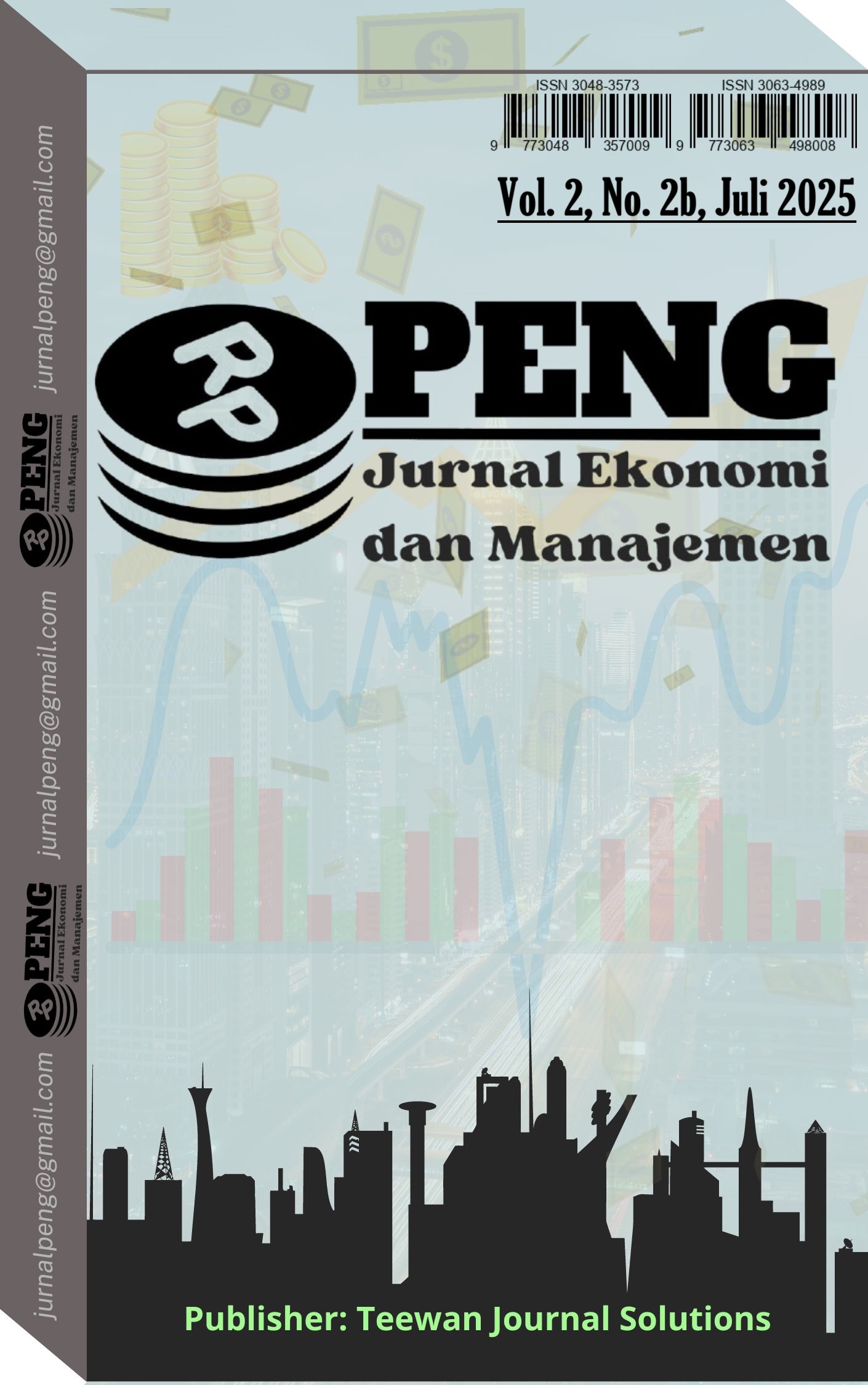Implementasi Simulasi Ekspor Sebagai Media Pembelajaran Bisnis Internasional: Studi Kasus Produk Verward
DOI:
https://doi.org/10.62710/0gnvca44Keywords:
Export simulation; Local t-shirt; Student; Japan; International businessAbstract
This study aims to analyze the implementation of a simulated export of a local t-shirt brand, Verward, to Japan by Management students. The simulation was conducted as part of experiential learning in the International Business course. A descriptive qualitative approach with a case study method was employed. Data were collected through communication records, shipping documentation, and confirmation of product receipt from the buyer in Japan. The results indicate that students were able to execute the export process in a real-world setting, including product selection, cross-border communication, international delivery, and transaction finalization. Key challenges faced included time zone differences, buyer trust, and understanding export procedures. However, these obstacles were addressed through effective communication strategies and teamwork. This simulation provided practical insight into small-scale export processes and enhanced students' readiness to engage in global business activities. The study recommends integrating export simulations into international business education as a method of experiential learning.
Downloads
References
Winata, R., Arya, F., Ferdyansyah, M., Fajarini, N., Halisah, R., & Ramadhani, P. (2023). Peran komunikasi
bisnis dalam membantu perkembangan UMKM Tahu Payah. Majalah Ilmiah Warta Dharmawangsa, 17(3).
Ratnasari, N., Noraga, G. B., & Amelia, E. (2023). Peningkatan Kualitas Umkm Menuju Ekspor Mandiri. BERNAS: Jurnal Pengabdian Kepada Masyarakat, 4(4), 3200-3214.
Ariyani, L. (2022). Memetakan Kebijakan Internasionalisasi UMKM Indonesia. Trade Policy Journal, 1(1), 13-18.
Rozani, A., & Huda, N. (2022). Keunggulan ekspor antar negara dan daya saing produk UMKM Indonesia dengan Pendekatan Gravity Model. e-Jurnal Perspektif Ekonomi dan Pembangunan Daerah, 11(1), 1-8.
Ardiyanti, S. T., & Kahfi, A. S. (2023). Faktor-Faktor Internal dan Eksternal Yang Mempengaruhi Kinerja Ekspor UMKM Indonesia. Cendekia Niaga, 7(1), 13-22.
Astuti, I. P., & Ayuningtyas, F. J. (2018). Pengaruh ekspor dan impor terhadap pertumbuhan ekonomi di Indonesia. Jurnal Ekonomi & Studi Pembangunan, 19(1), 1-10.
Benny, J. (2013). Ekspor dan impor pengaruhnya terhadap posisi cadangan devisa di Indonesia. Jurnal EMBA: Jurnal Riset Ekonomi, Manajemen, Bisnis Dan Akuntansi, 1(4).
Hodijah, S., & Angelina, G. P. (2021). Analisis pengaruh ekspor dan impor terhadap pertumbuhan ekonomi di Indonesia. Jurnal Manajemen Terapan Dan Keuangan, 10(01), 53-62.
Lubis, A. D. (2010). Analisis faktor yang mempengaruhi kinerja ekspor Indonesia. Buletin Ilmiah Litbang Perdagangan, 4(1), 1-13.
Downloads
Published
Issue
Section
License
Copyright (c) 2025 Fadlillah Ramadhan, Wildan Fathil Padil, Dava Indira Dandy, Rizal Mustofa, Noval Wijaya, Bilal Arfiansyah (Author)

This work is licensed under a Creative Commons Attribution-NonCommercial-ShareAlike 4.0 International License.










